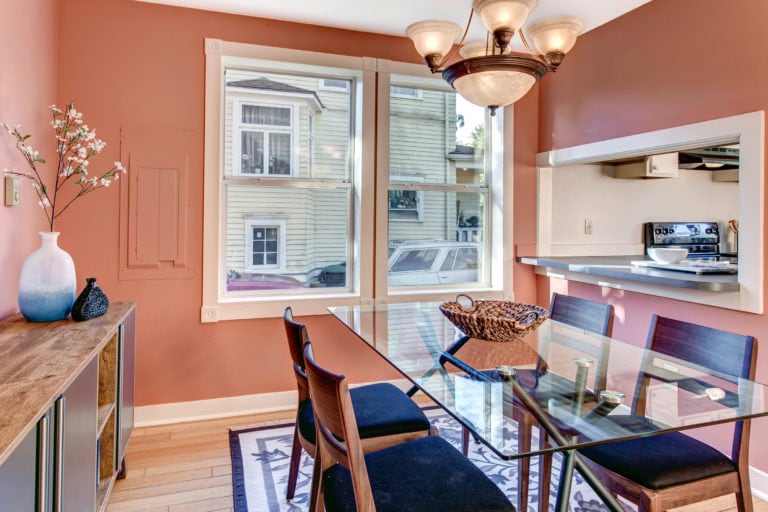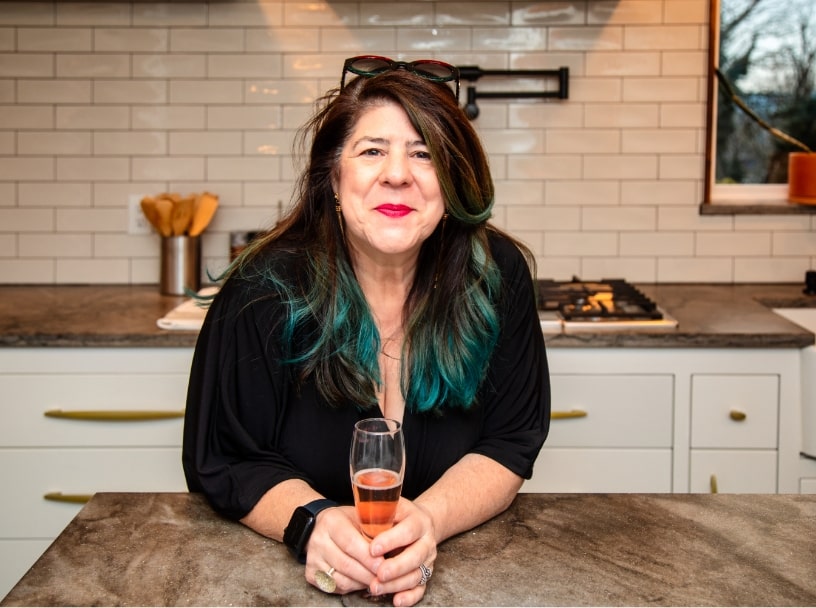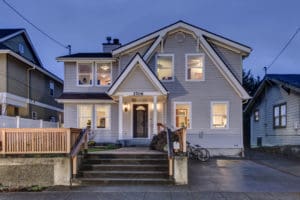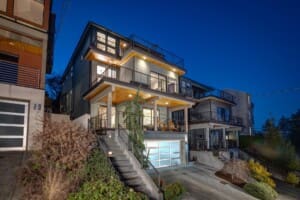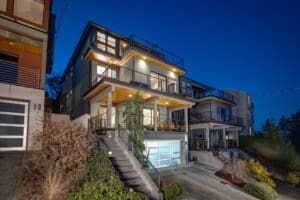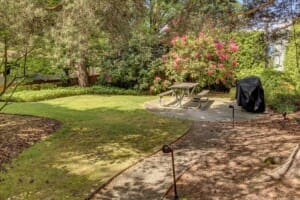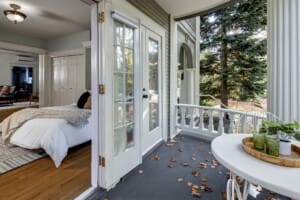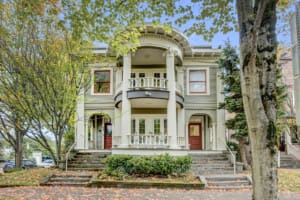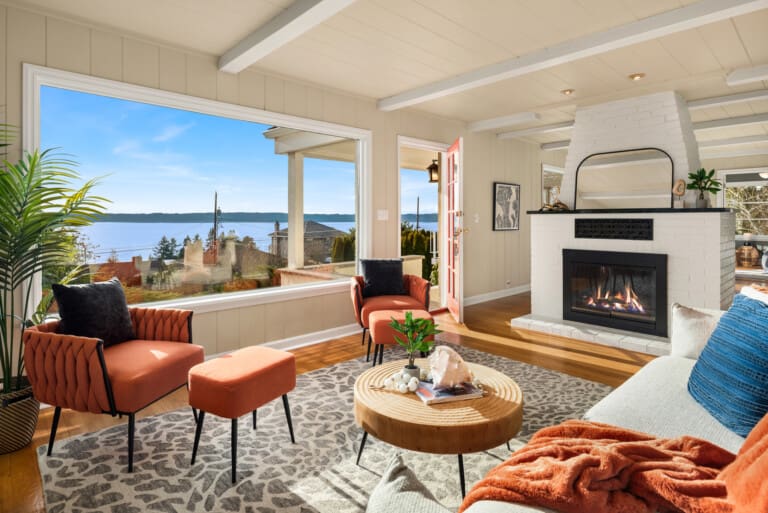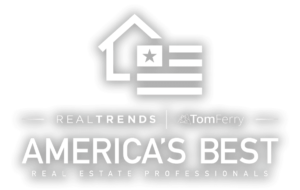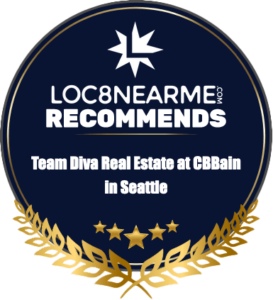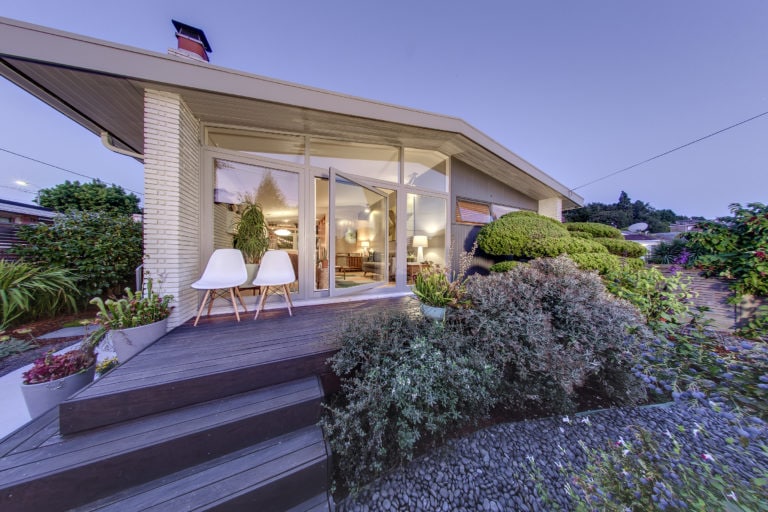Here’s the scenario: You’re buying a condo. The inspection has been completed, and you’ve been given a dense, long package of info by the condo association. You have a few days to review, but you’re already fried by the hunt for the home, the search for financing and more. You think to yourself:
“This is like that Apple Terms of Service. No one actually reads it. Besides, this is all just standard forms and I know what I’m getting into by now. The inspection covered the important stuff, right?”
But NO! You can’t overlook anything when buying a home, or sign without reviewing, especially the resale certificate of the condo building. Even at this late stage you need to ensure that you are buying into a community that is in good financial and physical shape. Know the key points to review, sit down with a caffeinated beverage, and get the facts.
What is the Condo Package and Resale Certificate?
In short, the resale certificate is a summary of all the nitty-gritty in the condo package. It indicates what your monthly dues, any pending or anticipated assessments, etc. Don’t gloss over anything. Read the entire resale certificate and pay close attention to these critical items:
Fee Schedule
The fee schedule details the costs of moving in and out, recording, etc. Some will be included in your loans costs, and these will be detailed on your HUD statement. Every building has different requirements, so call your escrow person for clarifications.
Owner/Renter Ratio
A high renter ratio in a building indicates that you mostly have investors in the building. As any landlord will tell you, renters can create a lot more wear and tear, and during downturns investors are more likely to default on their loans then a homeowner. A rental cap of 30% renters is the best in our book, but your needs may be different. We recommend that buildings be at least 55% owner-occupied.
Amount in Reserves Compared to the Reserve Study
If there has been a reserve study, review it. A reserve study looks at the replacement and/or repair costs for major work in the building. This would include siding, roofs, plumbing, etc. There’s a lot of new construction in Seattle, and smaller buildings probably will not have conducted a reserve study. Why think about work to be done in a decade when it’s all fresh and new?
Because time flies, that’s why!
We recommend that every condo building conduct a reserve study and proactively build a financial reserve fund. The costs in reserve studies are highballed to be safe, because associations should prepare for tough scenarios and know that they won’t always be able to fund major work overnight. An association should be contributing about 20% of yearly dues to the reserve fund. That sounds like a lot, and it could mean a hike in dues, but it’s better long-term than facing an unexpected assessment. On that note…
Pending Work
The resale certificate should also include pending work on the building. Review what is planned and see what funds have been allocated to cover it.
Unpaid Dues in the Building
If there are unpaid dues, this is the first sign of a foreclosure. That makes it more common to see in down markets and economies. If it is happening at such a rate that the condo building is suffering economically, this is a red flag. Discuss it with your agent.
Lawsuits
Very few lenders will fund a building where there is an active lawsuit. That condo building could be locked up for years without the ability for owners to sell their homes. Sadly, there are actually law firms out there that do nothing but prey on small condo buildings to litigate over nonsense, knowing they are holding the homeowners financially hostage.
Not every lawsuit is frivolous, though. For instance, it is sometimes necessary for the association go after the original developer for legitimate issues and construction mistakes. If the condo association of the building you are buying inn has a lawsuit, it doesn’t need to break the deal. Review and judge for yourself, and (of course) talk it over with your agent.
Minutes
Minutes from meetings? This may sound like a tedious thing to review, but it’s actually really juicy. It’s a crash course in how a condo building functions…or dysfunctions. Is anyone discussing possible assessments? Is the roof leaking? Are there nasty disputes between neighbors?
As part of the package you will receive, six months of board minutes and two years of association minutes. That may not add up to much, in smaller buildings, which might not hold regular meetings. Being involved is part of protecting your investment, and you should know in advance what the attitide is in a condo building. You don’t want neighbors who are willing to let the condo building dilapidate. (Nor do you want an opposite extreme of people adding amenities that only benefit a few people.)
Another indicator there…
Budget
When reviewing the budget, check for line items for the reserve fund, repairs and upkeep, inside and out. You want to know that the association is doing what they can do to keep the building in tiptop shape.
CC&Rs
The CC&Rs are the rules and regulations for your building. They include the pet policy, common area usage, and more. The most accurate CC&Rs will be included in your title report.
As a homeowner in a condo building you are buying into the health of the community and the building, not just everything within your walls. Reviewing the resale certificate helps ensure the home is in the right community for you. Changes are always happening, and one you are an owner, we advise getting involved and staying involved with the association.
Buying a home is huge commitment no matter what or where it is. If buying a condo is both appealing and intimidating to you, looking at resale certificates is an excellent way to quickly get informed and more comfortable. As always, we’re here to help you get informed and make the right choices in Seattle’s crazy competitive real estate market.
We are here to help. Our team understands that this process can take a year or two. And we are more than willing to give you a personalized plan to get the ball rolling. Feel free to contact us directly at thediva@teamedivarealestate.com or call/text 206-271-0264.
